Get Accurate Denver Roofing Code Reports Instantly
From Mile-High Views to Mountainous Challenges
OneClick Code provides up-to-date building codes, storm history, and smart calculators for IWS, waste, and ventilation all tailored to your address — designed so contractors can bid confidently, save time, and win more jobs.
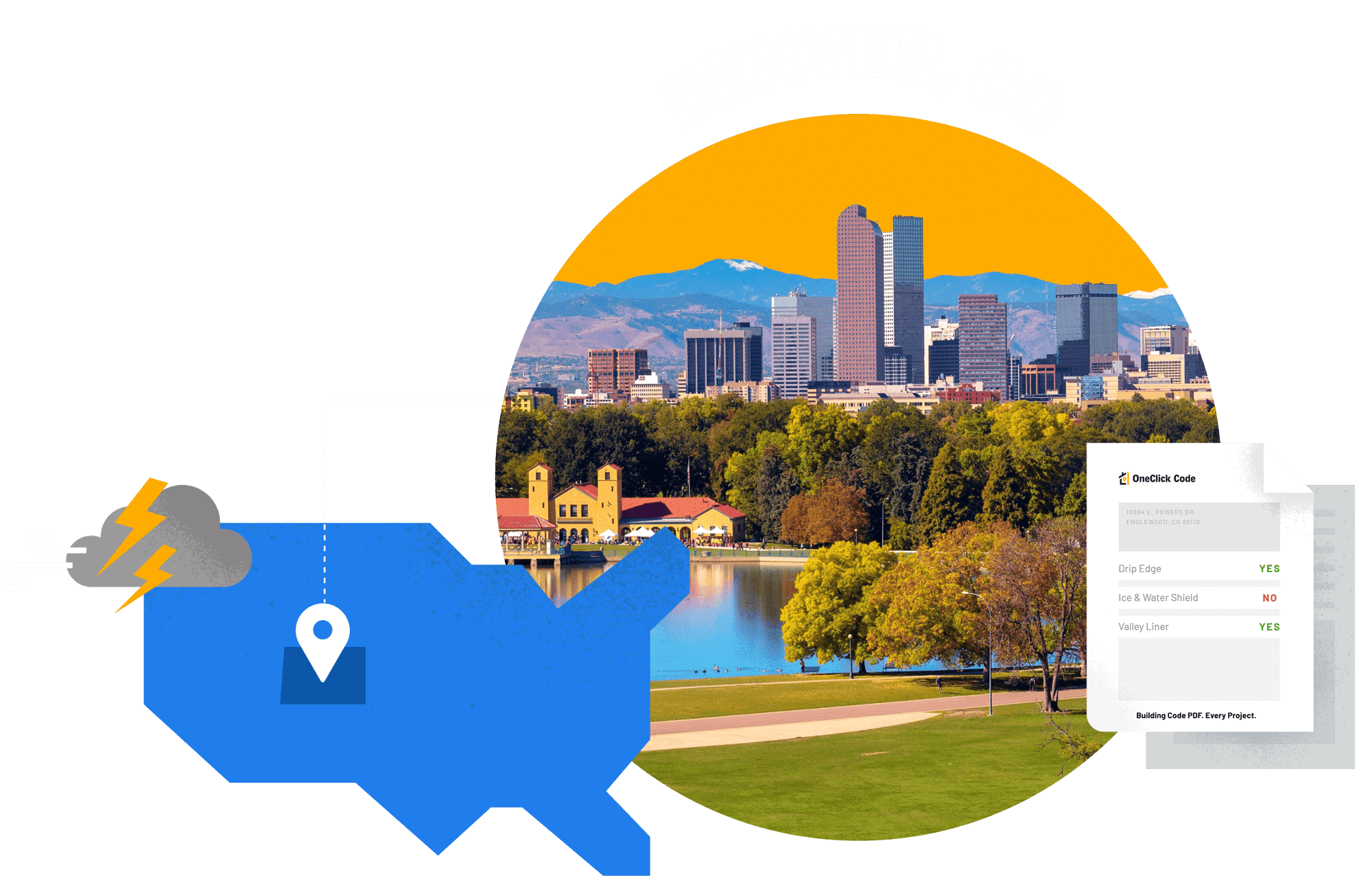
Denver’s Evolving Roofing Codes
Permit Thresholds
- Projects under 25,000 sq ft: permit required if >10% or 2 squares (200 sq ft) - whichever is smaller.
- Projects 25,000 sq ft and above: permit required if >5% or 2 squares - whichever is smaller.
- All roof penetrations, regardless of size, require permits.
Fire and Wind Ratings
- IRC R905.2.4.1 fire code applies, along with ASTM D7158 or D3161 standards.
- Class A fire-rated shingles required across the board.
- Wind zones vary: Class D (90 mph), Class E (100 mph), Class F (110 mph) dependent on location.
Ventilation & Insulation Standards
- Governed by IRC R806.2 and Energy Code requirements:
- A minimum of 1 sq ft of ventilation per 150–300 sq ft of attic area.
- Commercial structures require R‑30 (roof deck) or R‑38 (under deck) insulation.
Denver Green Building Ordinance
- Under Denver Green Code section 101.4, commercial roofing projects ≥25,000 sq ft must comply.
- Compliance means installing cool roofs, green roofing, or solar, or paying optional compliance fees.
Stay Ahead of Denver's Rapid Code Changes
Denver’s roofing regulations are constantly shifting. From wind zone updates to permit tweaks, staying compliant takes constant monitoring. OneClick Code ensures you’re always up to date so you can submit accurate, defensible bids without guesswork.
.png?width=2000&name=Frame%20(2).png)
Why Denver Roofing Codes Are Complex
Denver’s climate and regulatory landscape make compliance a challenge. Between powerful mountain winds, frequent hail, and temperature extremes, code requirements change often. This is even more complex when factoring in permit thresholds and evolving green mandates.
High Winds
- Denver building codes mandate roofing materials and installation that meet specific wind uplift standards (ASTM D7158 or D3161).
- Especially east of Federal Boulevard, wind rating zones are tighter, often requiring shingles rated for Class F (110–130 mph) winds.
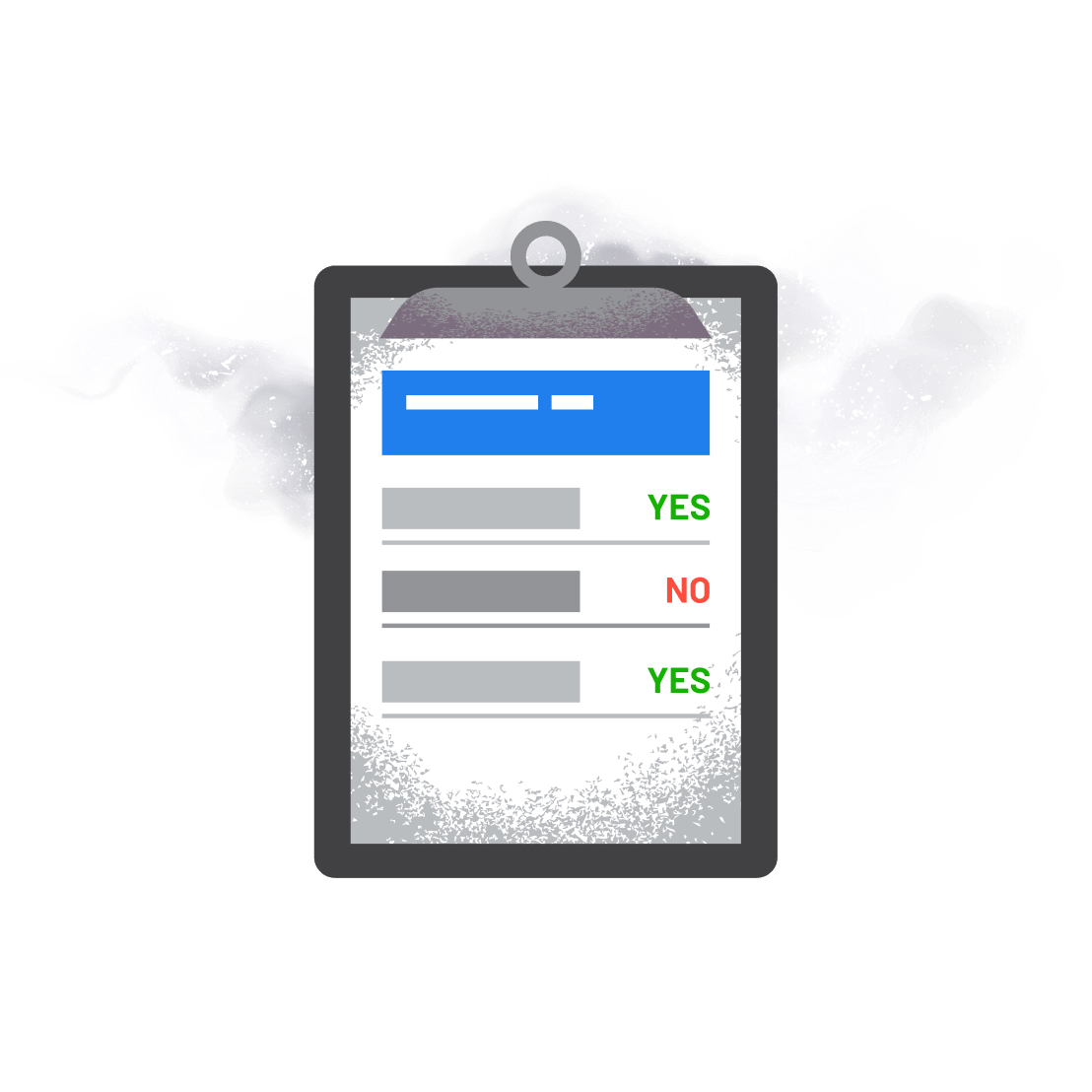
Hailstorms
- Denver is consistently ranked among the top US cities for hail damage.
- Insurance and code authorities frequently recommend or require Class 4 impact‑resistant asphalt shingles to limit damage.
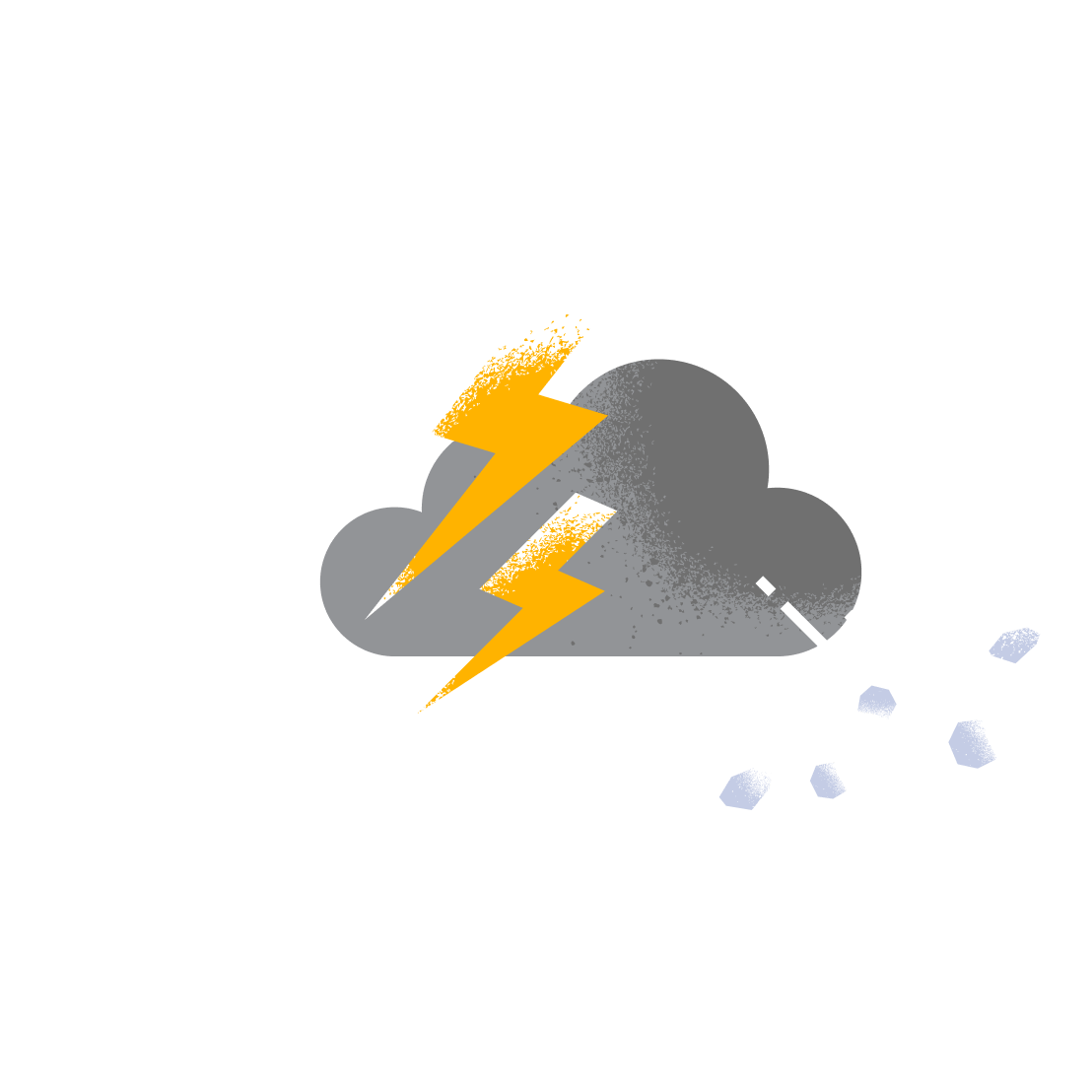
Snow Load
- While snow isn’t as intense as in mountain towns, Denver’s codes still enforce snow load standards to ensure roof integrity during winter.
- Snow load is another example of extreme swings in weather as well.
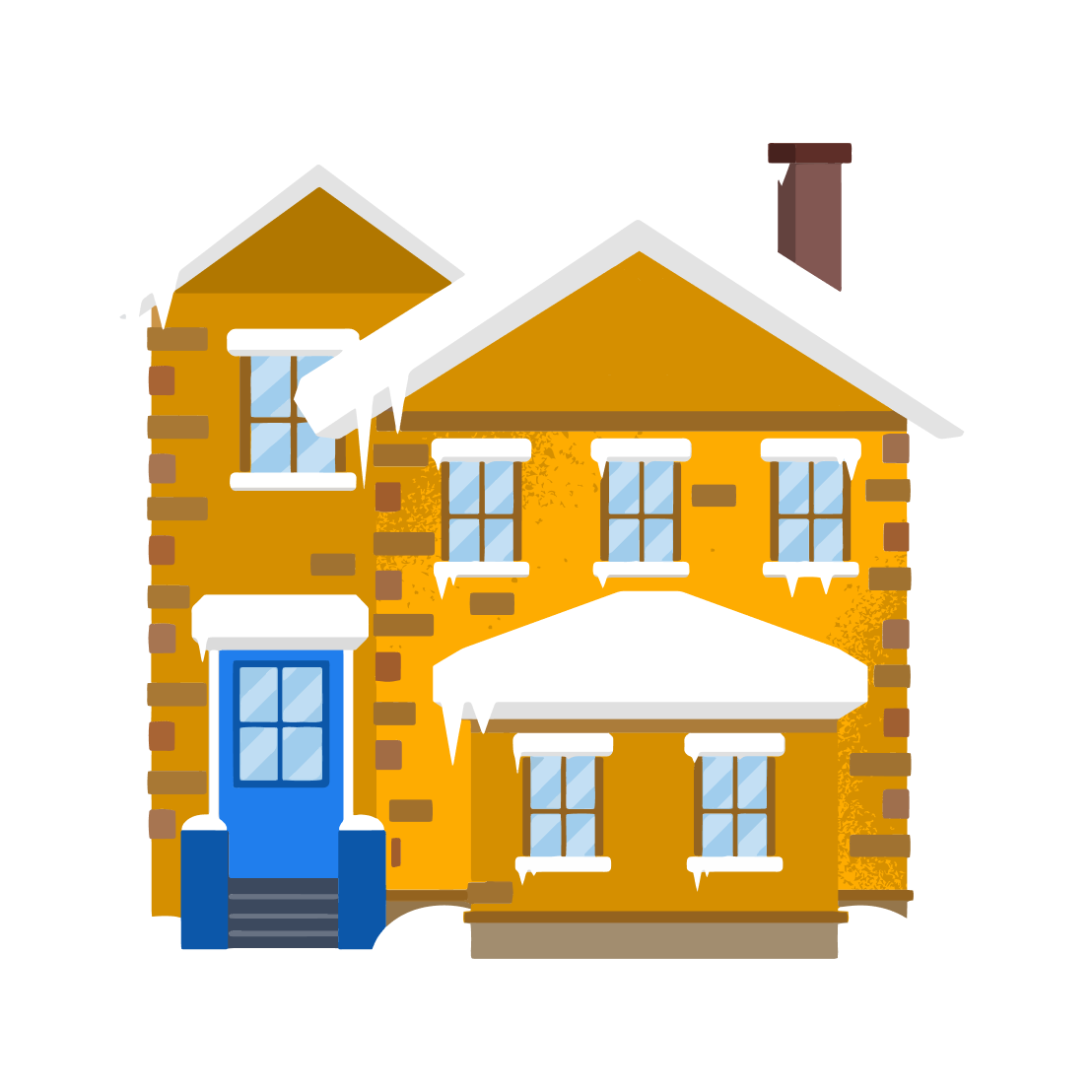
Temperature Fluctuations
- Lake‑effect highs and nighttime freezes cause rapid expansion and contraction.
- Left unprotected, roofing materials can crack or warp quickly.
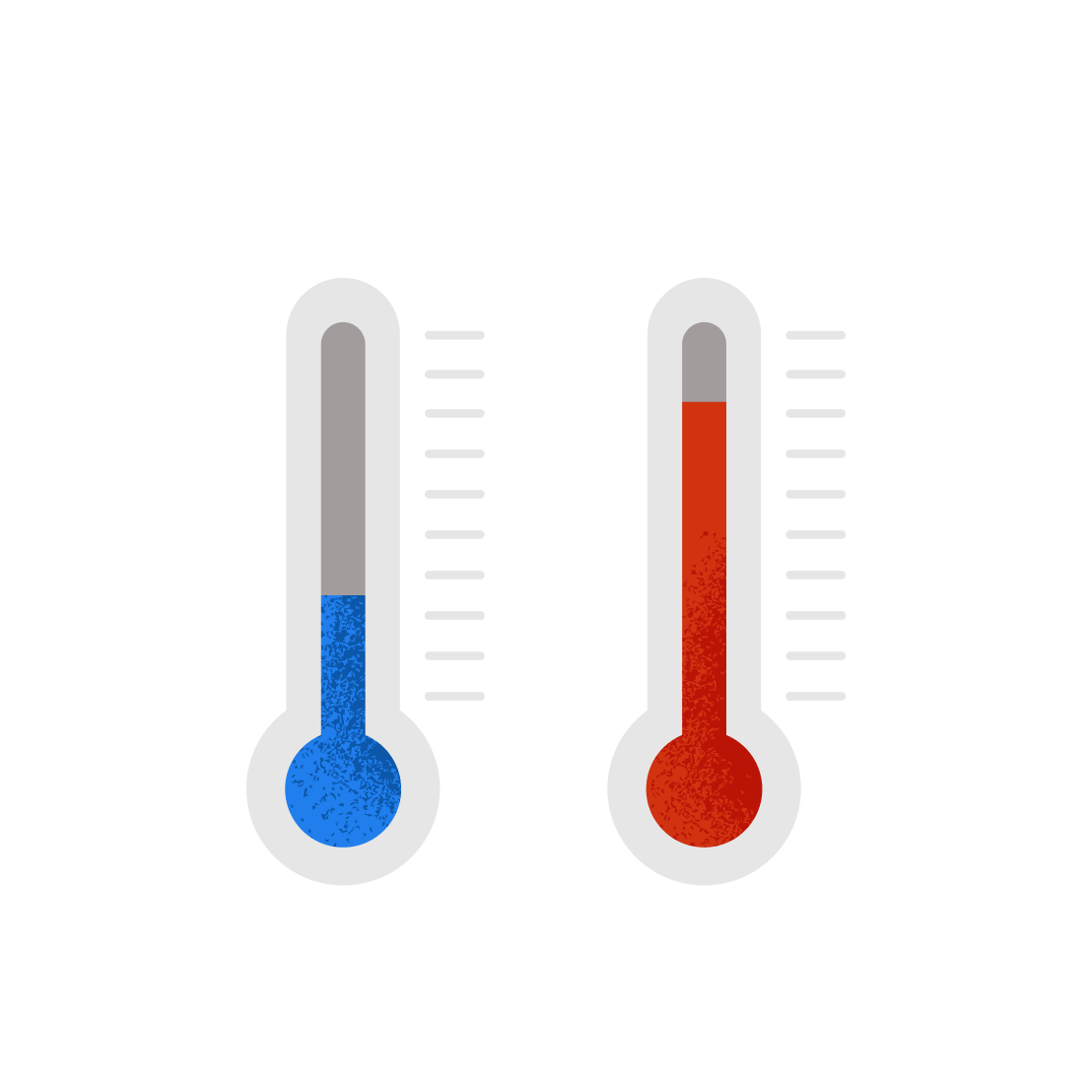
Your All-in-One Solution
OneClick Code
OneClick Code delivers address-specific reports which include local Denver and Denver County building code data for each property address. Also included is historical storm info and exact calculators for IWS, ventilation, and waste. All in one place.
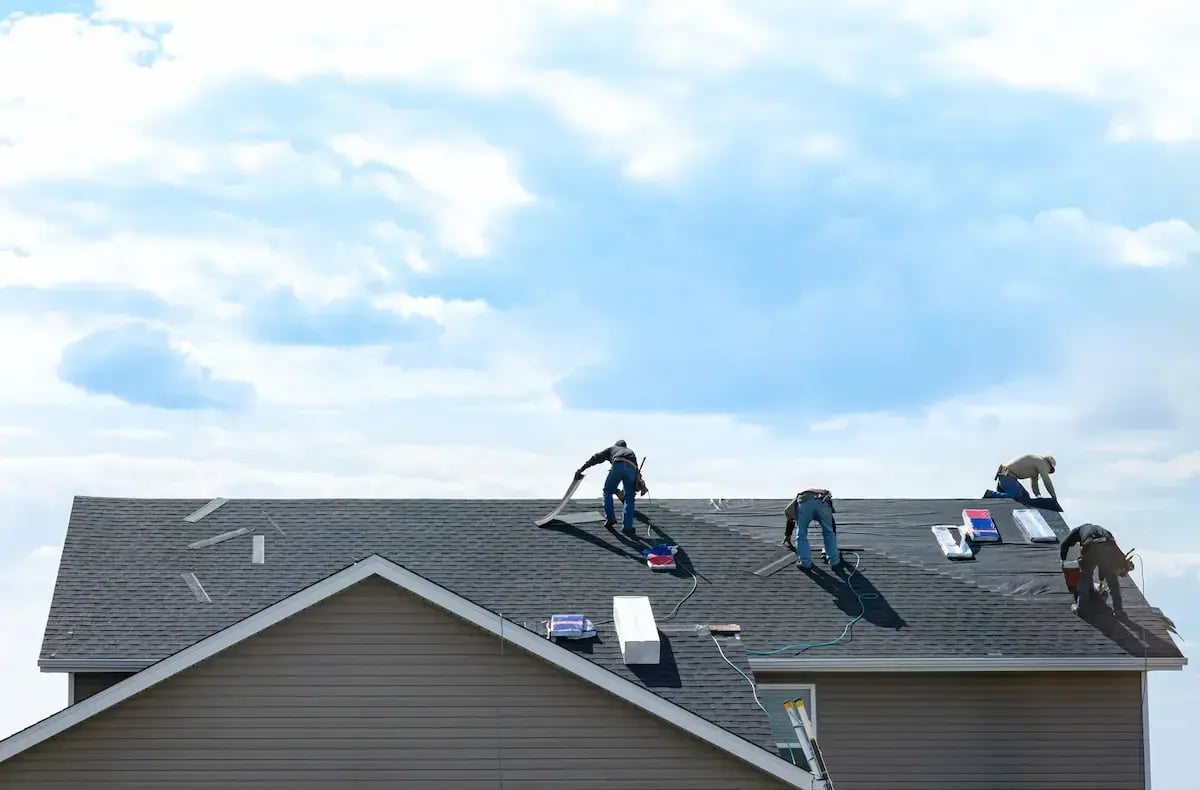
Why Denver Contractors Choose OneClick
Accurate Estimates
Slash time-consuming research. One click, clear code requirements.

Reduce Risk of Fines
Stay compliant with current Denver permit and weather-specific code mandates.
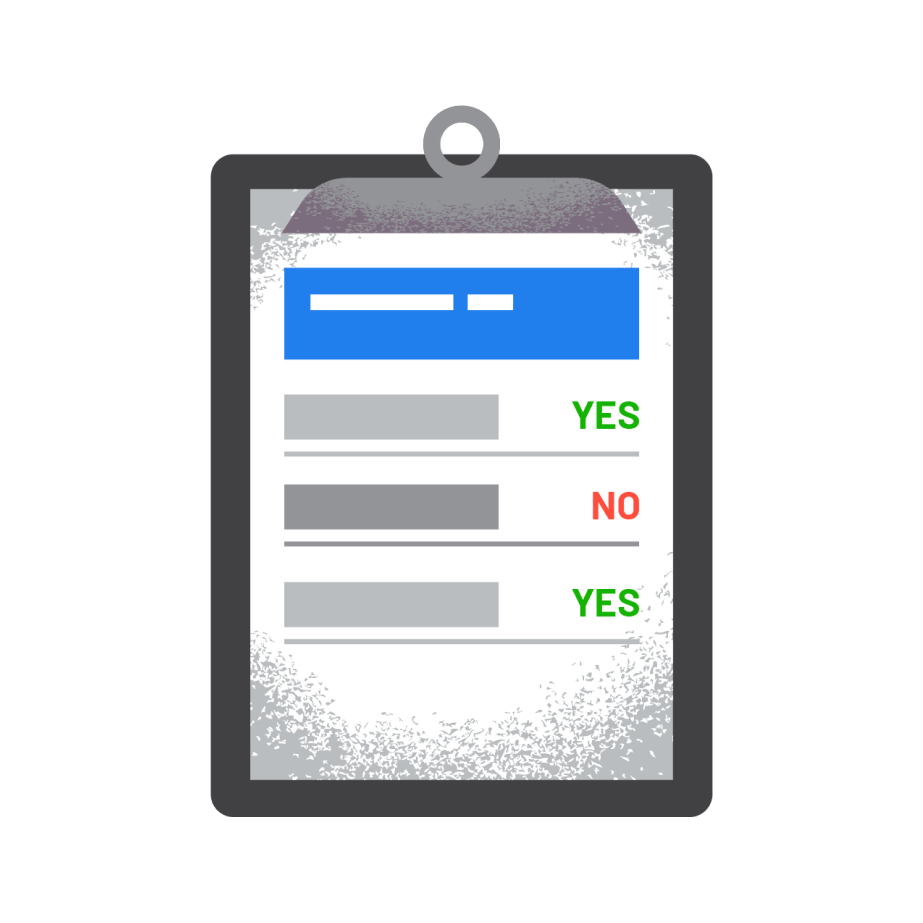
Improved Estimating Efficiency
Instant calculators for IWS, waste, ventilation. Plug and play.
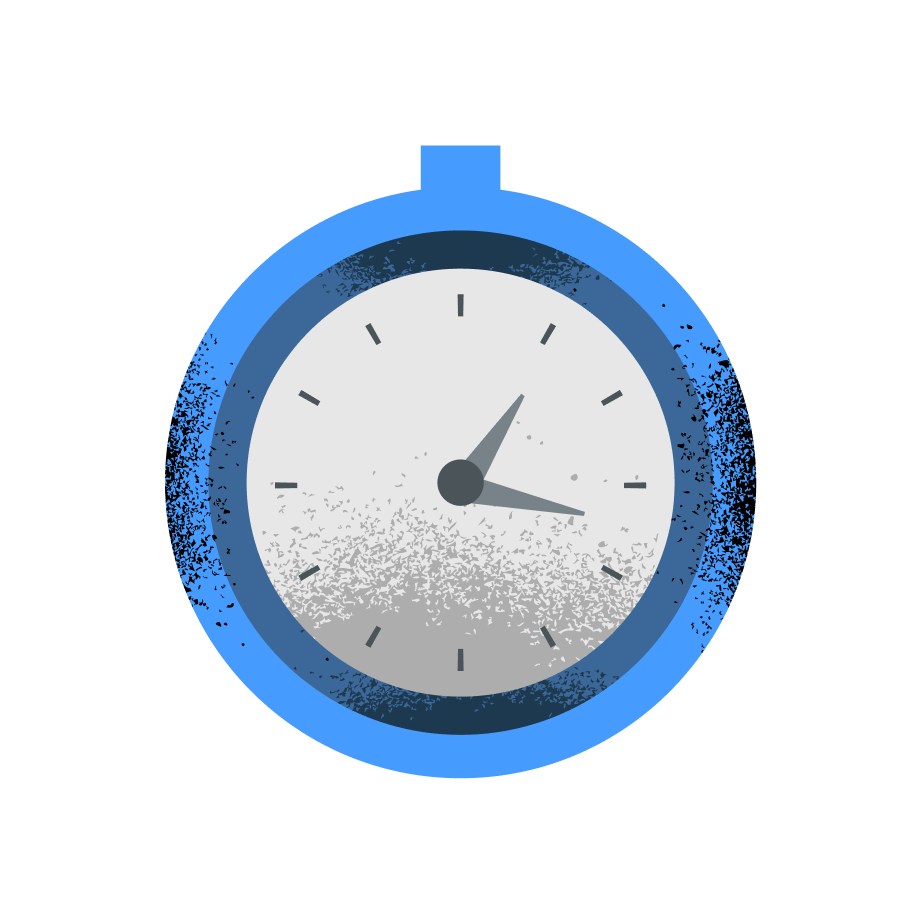
Professional
Share thorough, defensible code reports with homeowners and insurers. OneClick has set the industry standard for polished and accurate documentation.

For Denver Roofers
Built in Denver, for Denver Roofers: OneClick Code was created by Garrett Kurtt, sparked by his frustrations navigating local code complexity as a roofer in the Denver Metro area. Now, the platform helps roofers scale their business.
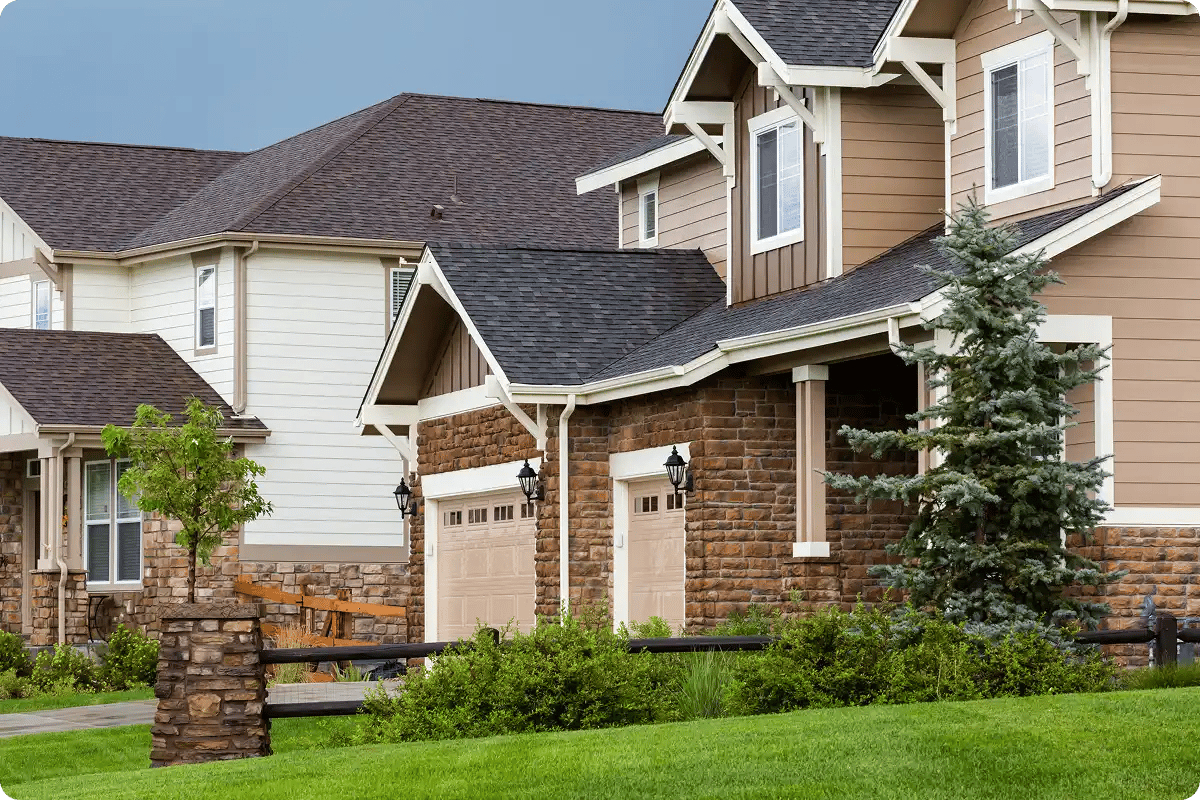
Frequently Asked Questions
Do I need a permit for roof repairs in Denver?
Yes — any project exceeding 2 squares or more than 5–10% of roof area, or involving penetrations, requires permitting.
What roofing materials meet Denver’s hail requirements?
Class 4 impact-resistant shingles are strongly recommended and sometimes required for hail-prone areas like Denver.
How does OneClick Code get its data?
By partnering with local municipalities, pulling verified, jurisdiction-specific roofing codes from city/county records. OneClick has cracked the code, and automated this data Nationally, across all US governing municipalities.
Can OneClick calculate Denver permit fees?
Yes — the Building Code Detail Report includes local permit fees, use tax, and jurisdiction details.
What are the Building Codes based on?
OneClick references the International building code (IBC) Standard, with the most up-to-date IRC R301.2 contents.
What are comment code enforceable line items for roofing?
Chimney Cricket, Ice and Water Shield, Drip Edge, Valley Liner.
Get Your Denver Roofing Code Report Now
Start your free trial today and see how fast OneClick Code delivers defensible, compliant roofing code reports, built to help you win jobs and stay protected.